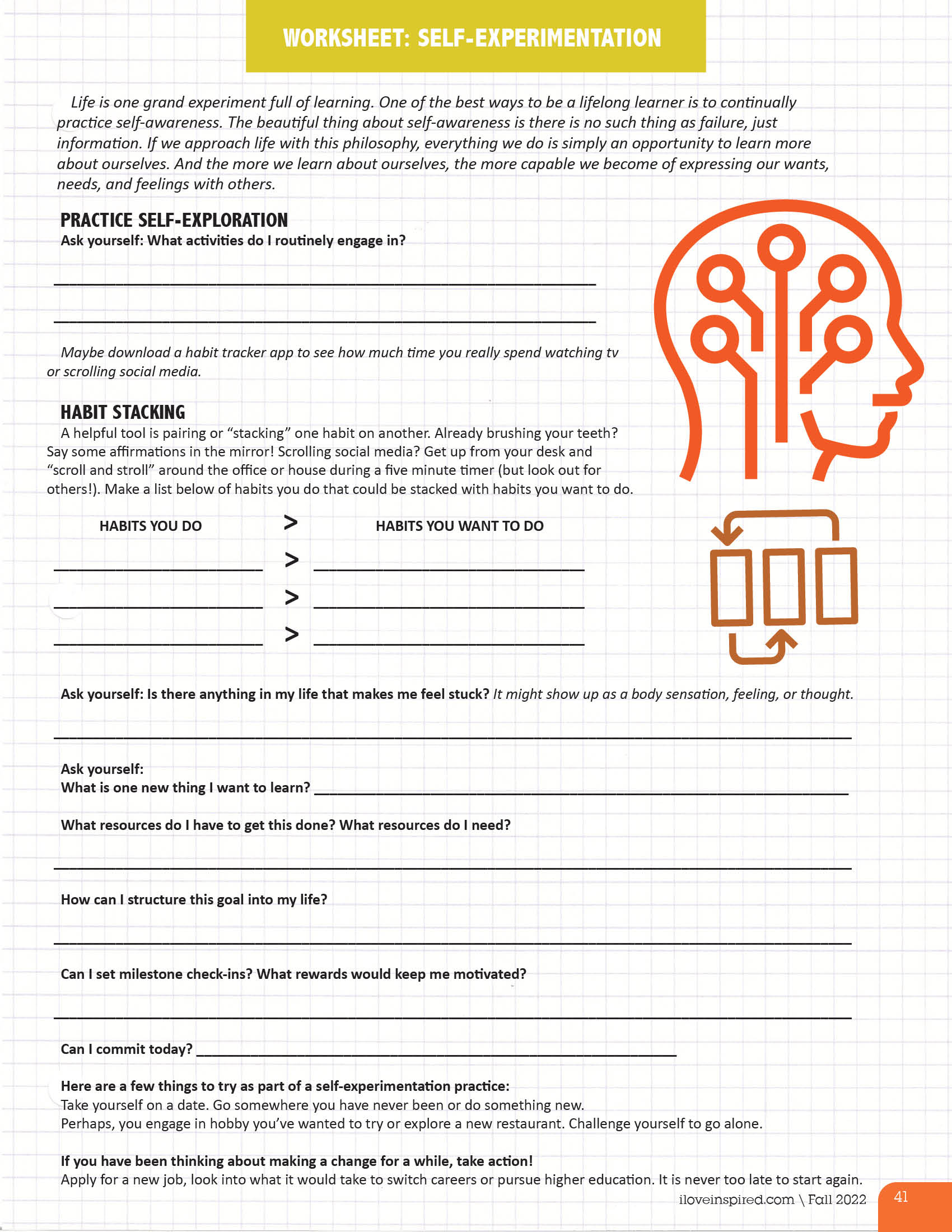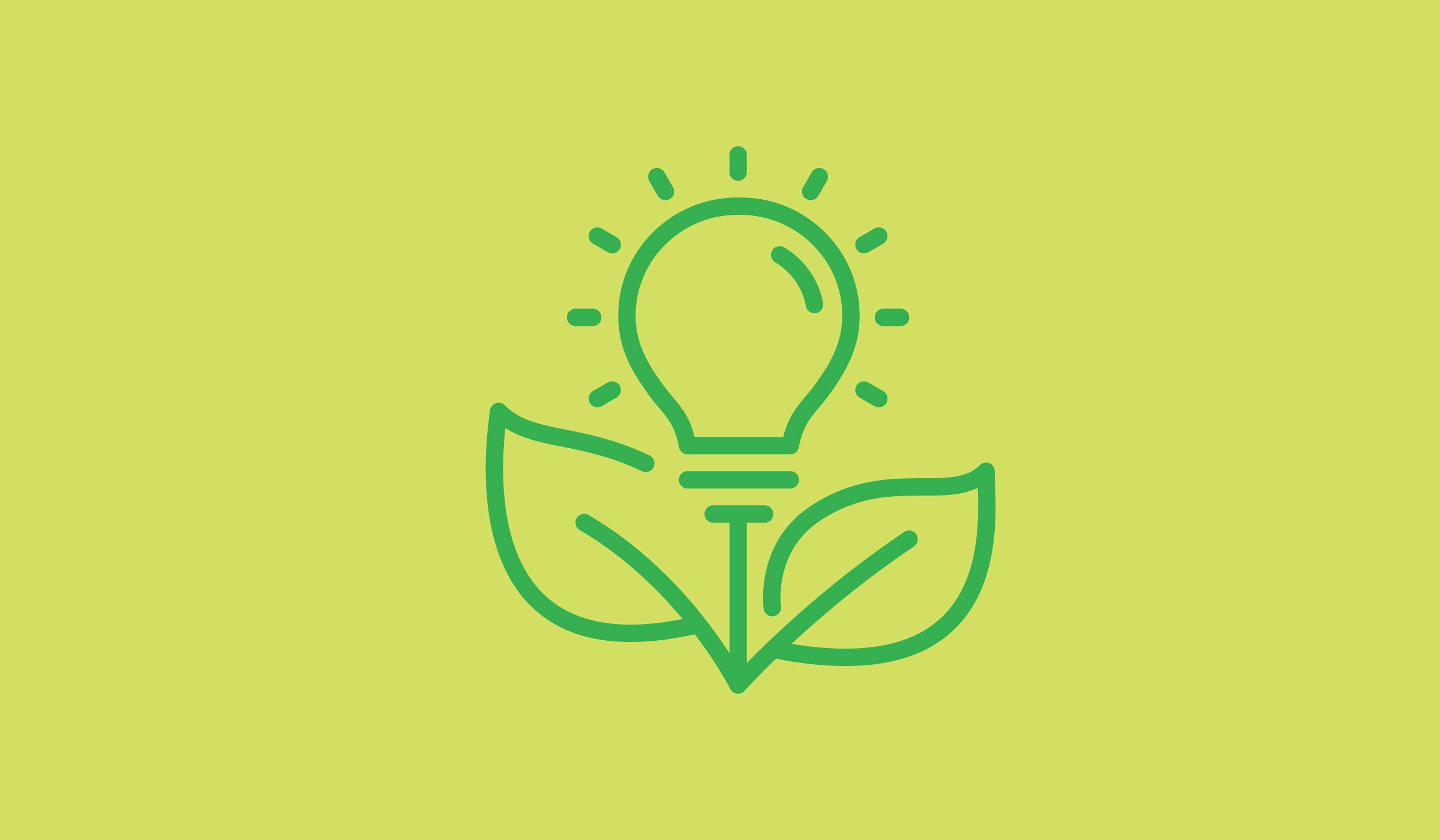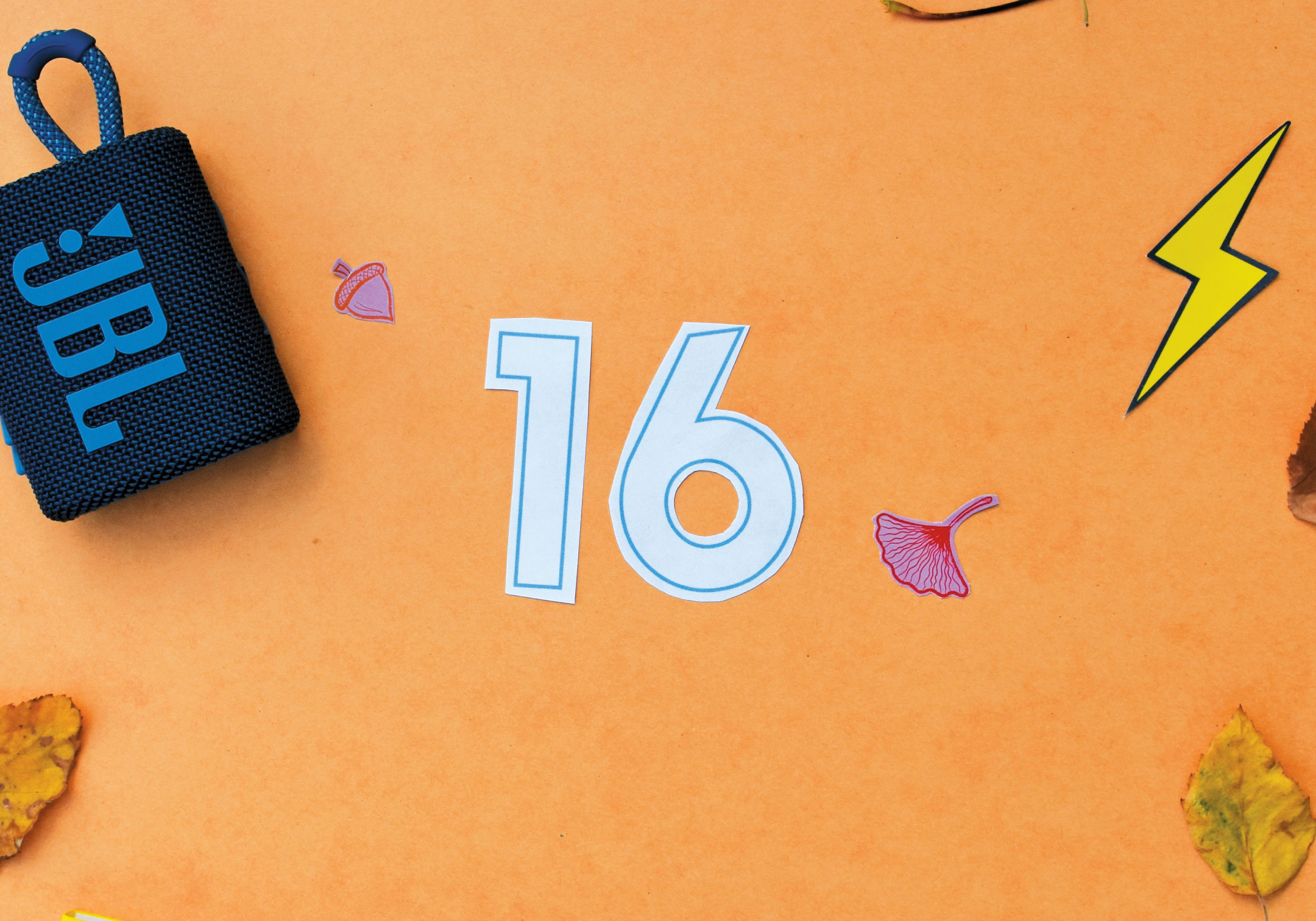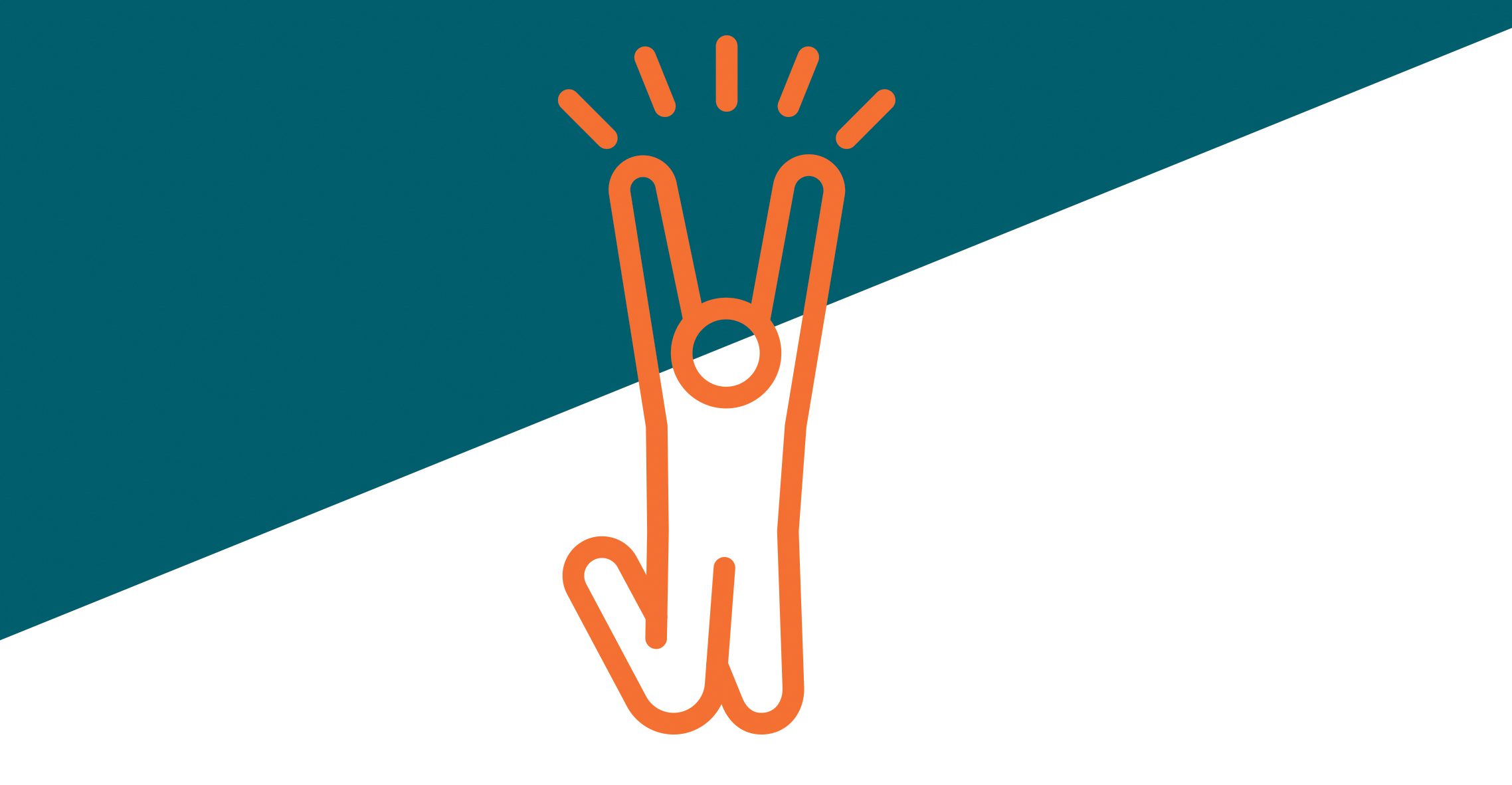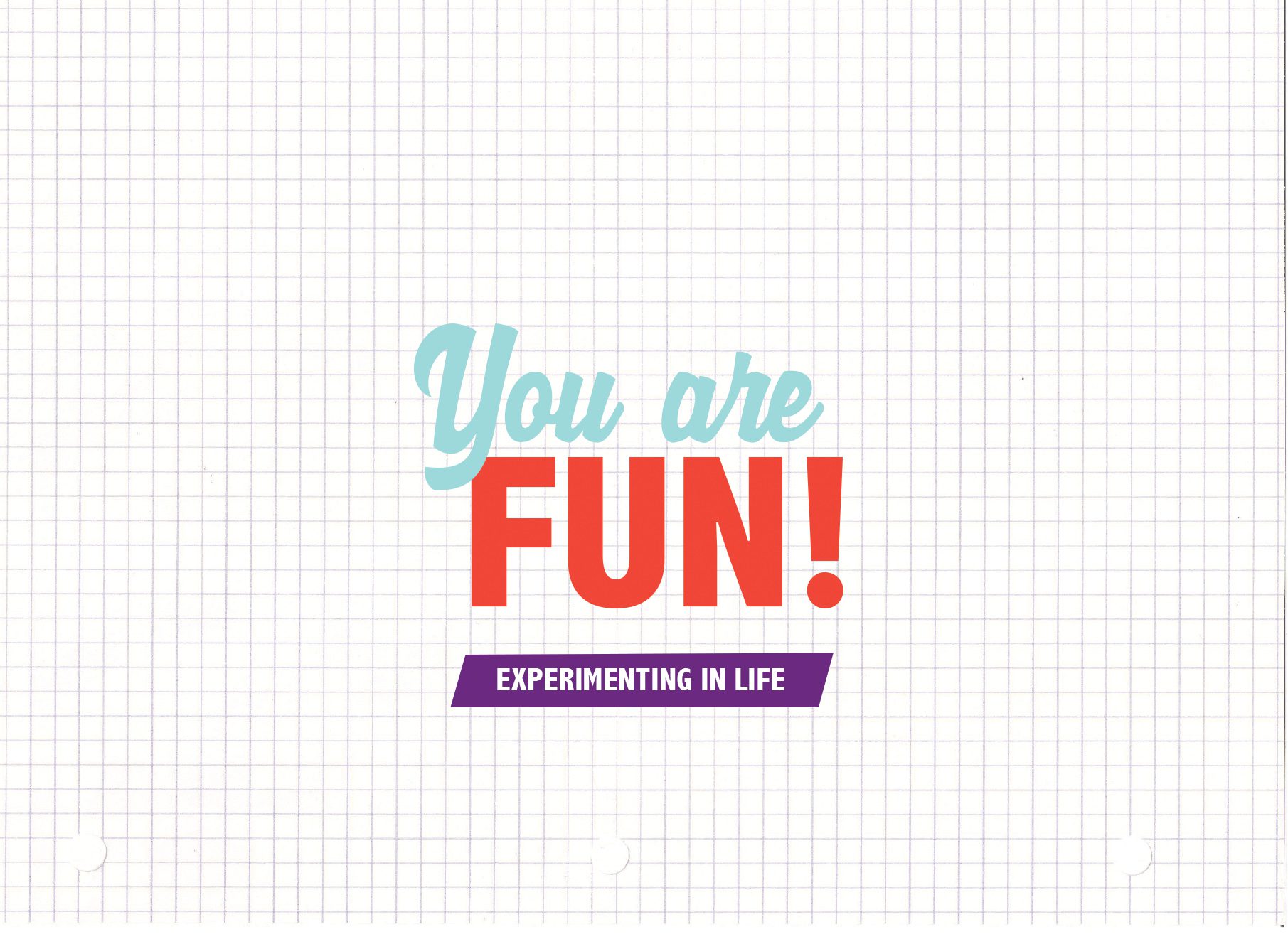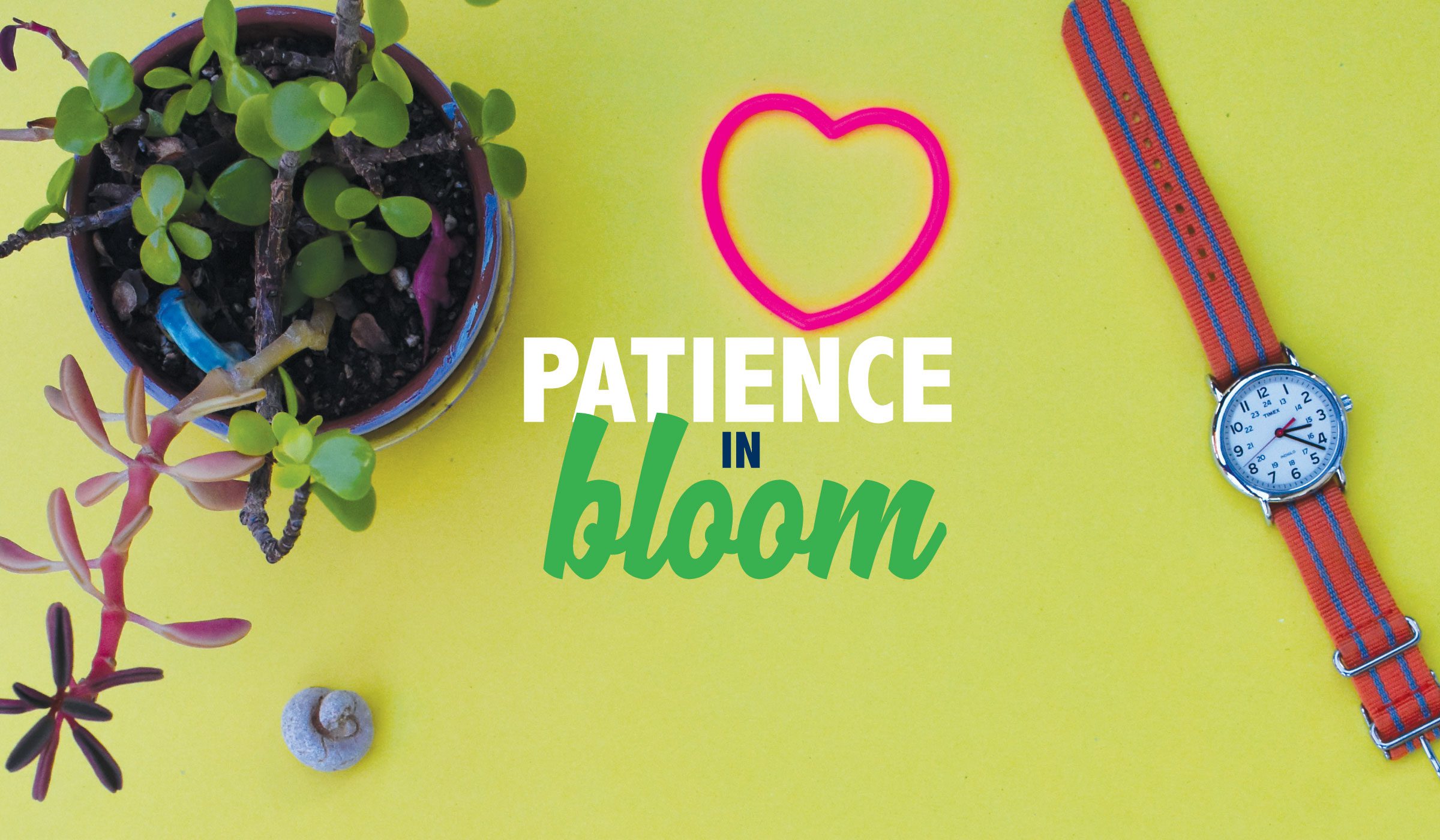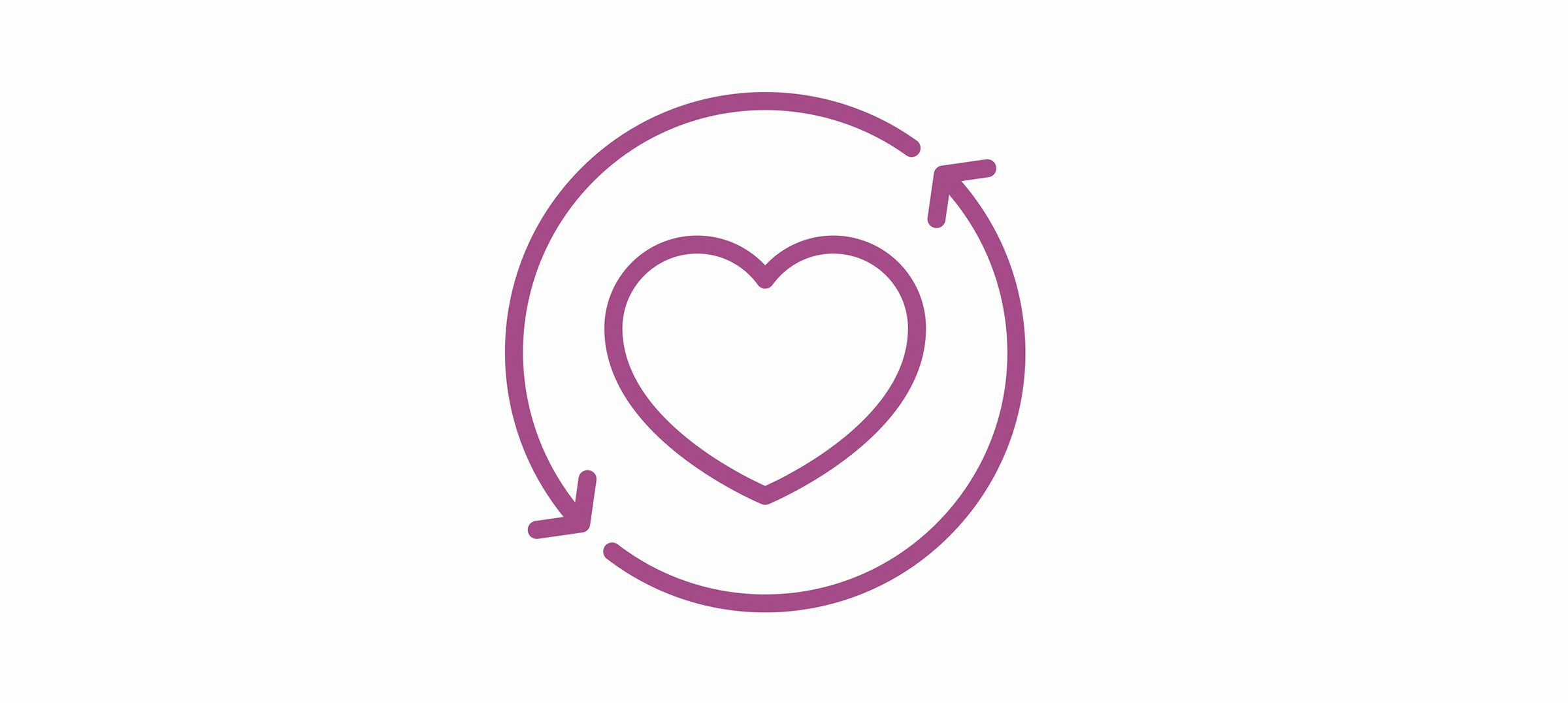Live and Learn
There is no such thing as a finished product when it comes to living. Our lives are constantly evolving and with each new experience or accomplishment, we learn, grow, and change.
But each time we accomplish something we are on to the next step. This can leave us feeling exhausted and discontent, living with the impossible goal of becoming a perfect version of ourselves.
What if we shifted that thinking and focused on the process instead of the outcome? What if our goal was simply to live and learn?
When it comes to learning there is no such thing as failure. It is an eternal process that can lead to deeper self-exploration, personal growth, and self-fulfillment.
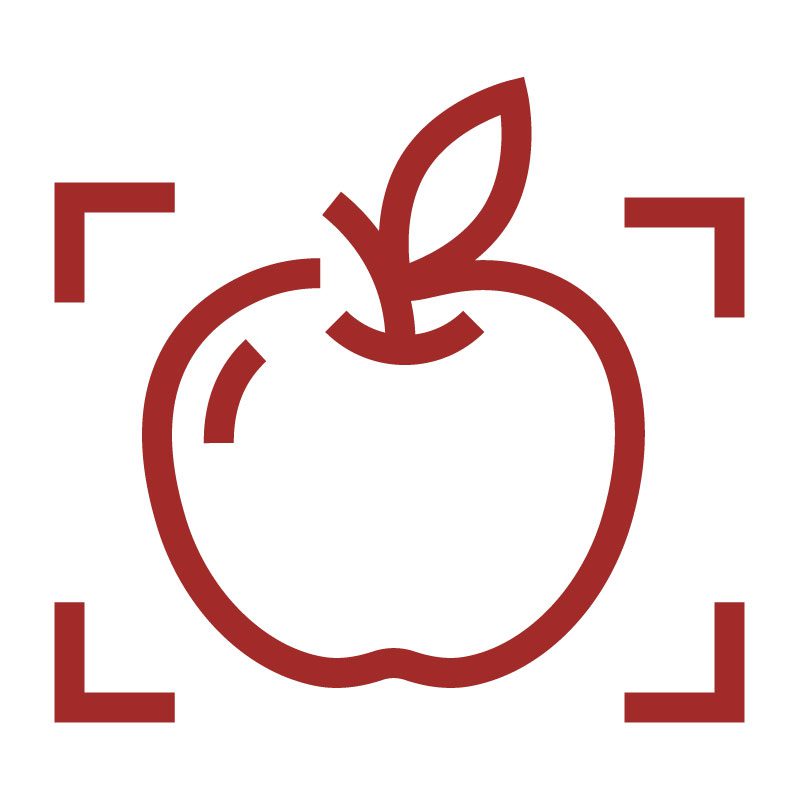
Ways We Learn
Social psychology is the study of how humans develop in the context of others. This includes social learning and the internalization of cultural norms.
To generalize, there are two ways we learn:
Extrinsic means something that exists outside. In this context, extrinsic learning comes from outside of ourselves. This can include learning from others or social learning.
Intrinsic refers to something that naturally belongs. In the context of learning, this refers to learning that comes from within. It might include self-awareness, instinct, or patterns developed through the process of trial and error. Think of this as learning that belongs to the self.
In early childhood, learning is primarily extrinsic and happens in the home. Children are sponges, absorbing good information… as well as bad. “Do as I say, not as I do” rarely works. As children, we are eager to mimic caregivers and family members. As we reach adolescence, we start to model the behavior, language, and style of our peers and popular culture.
Social learning often shifts as we enter adulthood. We continue to look outside of ourselves and integrate new ideas, but we may also find ourselves looking within for answers. Our learning becomes more intrinsic, self-motivated, and often self-guided.
Of course, we will learn a great deal in our work and home environments. But that learning is guided by the choices we make in careers, partnerships, and even community involvement. We often gravitate to the environments that feel most comfortable.
But what happens when that comfort-zone starts to feel a little too small? Many people who have decided to change careers or go back to school later in life are familiar with this discomfort. It can be extremely difficult to shift out of engrained patterns of behavior, even when they no longer align with our values and aspirations.
How to Un-learn Patterns that Keep us Stuck
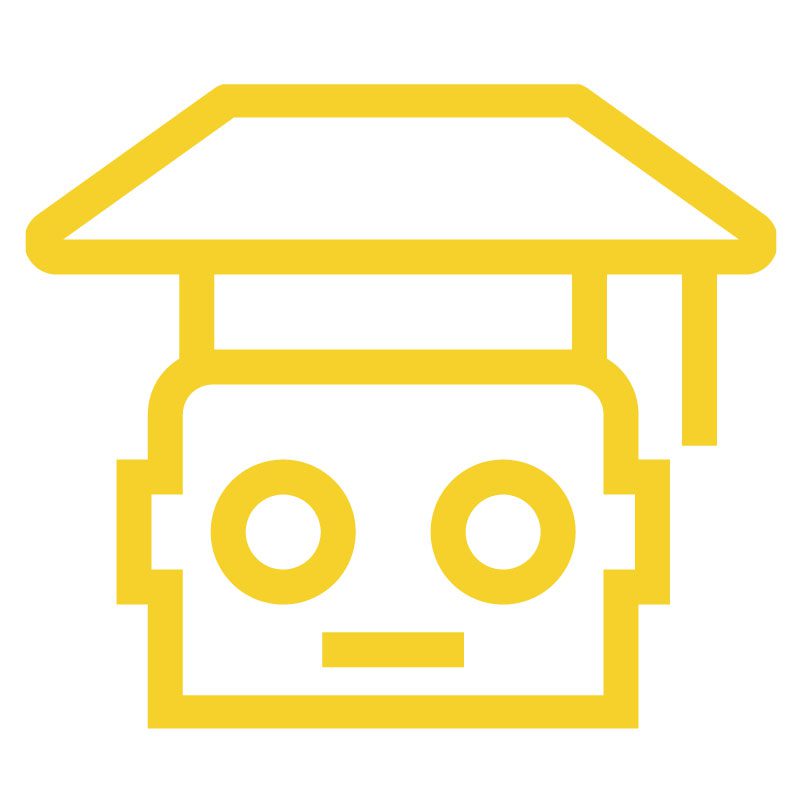

Letting Go of the Past
Sometimes we keep ourselves stuck. We may internalize a false belief such as, “This is the way I have always done things so this is the way it will always be.”
The past does not predict the future. There is no timeline on learning and there is no limit to our potential. Even deep-seated ideas can shift once we learn something new.
As Maya Angelou said, “Do the best you can until you know better. Then when you know better, do better.”
Groupthink
One of the biggest pitfalls that can keep us stuck is a term called “groupthink.”
Dangers of group think: When people get together in groups they tend to go with the crowd. Crowds tend to favor extremes because groups lessen feelings of personal responsibility.
We are extrinsically motivated in groupthink. We essentially lose the ability to think for ourselves. We simply go with the popular opinion. This can happen in any environment: work, school, friend groups, family systems, and societally. When you find yourself in these situations, ask, “Does this really align with my values?”
It can be a fulfilling process to let go of the expectations of others and begin to explore our own values. It’s also worth noting that not all habits we get from others are bad. At any time, we can make the decision to observe and unlearn the habits that don’t serve us and explore the ones that might.
Moving Forward with Self-Awareness
To recognize habits that don’t serve us we can practice self-awareness and tap into our thoughts and feelings.
This can be a challenging task. Many people find it difficult to engage in “meta-cognition,” or thinking about thinking. But it is a skill that can be learned.
The trick is learning to mindfully observe our thoughts without judgment. Allow thoughts to come and go without assigning them meaning. The goal is to come back to the present moment as often as necessary.
If we observe our thinking long enough, we will notice patterns start to emerge. We may repeat the same worries, problems, or memories in our heads. Some of us may even attempt to predict the future or start to believe thoughts that distort reality.
Once we identify any unhelpful thought patterns, we can start to change them.
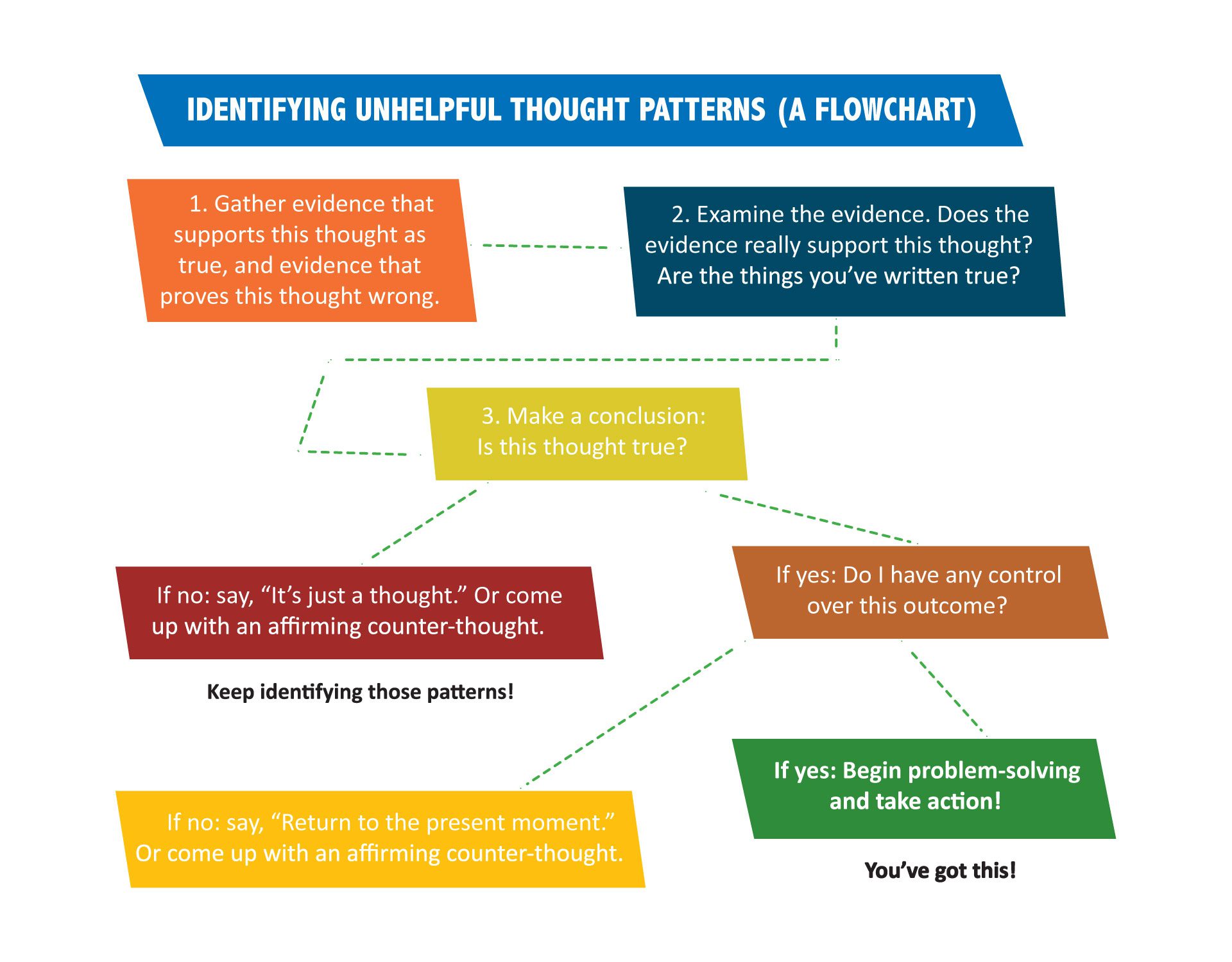

Finding the Motivation to Start
Learning = growing, but finding the motivation to learn and grow can feel elusive when we are set in our ways. If we routinely find ourselves trudging through our workday, we might not understand how others find the energy and time to pursue hobbies or goals.
Unfortunately, there is no magic formula for creating motivation. Generally, we become motivated by doing. Starting somewhere – anywhere – is the biggest key.
Tricking the Brain with Rewards
If we want a dog to learn a new trick, we reward them for doing the trick. We might even reward them for taking steps towards the trick. Over time, the dog knows if they want the bone they need to roll over.
Our brains are designed the same way: we need to do the trick to get the treat.
If we want exercise to feel good, we need to exercise regularly. Initially, we might not feel that reward, but it will come. Eventually, our bodies will be filled with chemicals – like dopamine – that make us feel happy (and release stress) when we exercise. Over time, we might reach a point where we actually look forward to our workout.
The same can be said for any habit or skill we want to develop.
Anything new will likely feel challenging at first. Yet – if we remain committed – the reward system in our brain will release chemicals that make us feel good. Eventually, that feeling of accomplishment will hopefully encourage us to turn that new habit into routine.
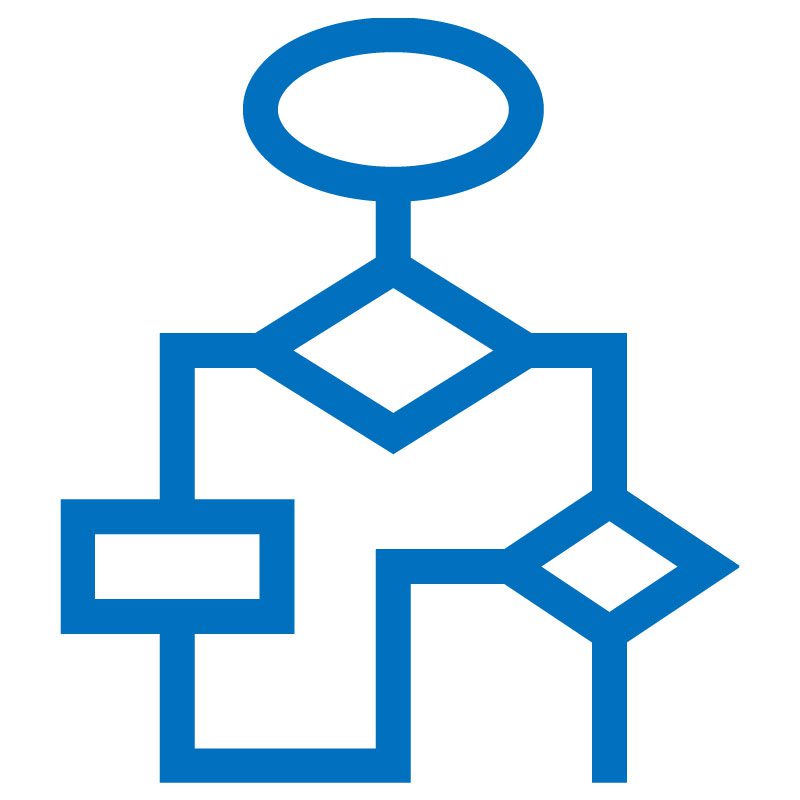

Starting Small
When we first start the process of turning inward, we might notice several problematic patterns we would like to shift. But attempting to make too many changes at once can throw us off course. We need to remember to start small.
So much of what we do is automatic or unconscious. Shifting habits or patterns is a process of remaining present and making the unconscious conscious.
When we first get started, it can be helpful to journal or create lists. Writing can help to organize our thoughts. And when we read our thoughts on paper, they become more concrete. This can be a helpful method for developing self-awareness or tracking our progress. See the following worksheet for ideas to get started.
Ask for Help
Oftentimes, we need the help of others to track our progress, support us on our journey, or gauge if the changes we are making are effective. Sometimes, that person might be a therapist. Other times, that person might be a loved one. It can be difficult to notice our unconscious patterns or habits and feedback from others can give us a nudge in the right direction.
In the process of lifelong learning, we will make the most meaningful and fulfilling progress when we learn to balance intrinsic and extrinsic learning. A life guided by self-awareness along with authentic connections is truly the goal.
There is no secret to success or lifelong happiness. However, a commitment to lifelong learning is a great start. The end goal is not what matters, but the process of discovery may just reveal a few of your own secrets for success and happiness along the way.
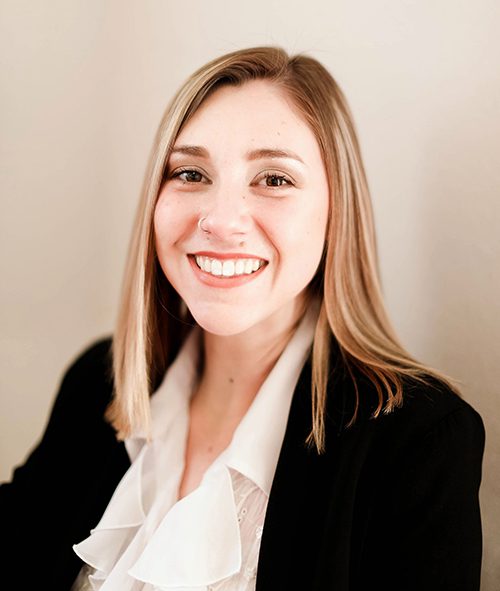

Olivia Lynn Schnur
Olivia Lynn Schnur is a Licensed Mental Health Counselor and Certified Yoga Teacher. She combines her passion for writing with her lifelong commitment to learning about mental health and wellness. As a result, she offers practical tools for people to lead healthier and happier lives. To learn more about Olivia, or to book a yoga session, you can visit her website: oliviaschnur.com.
